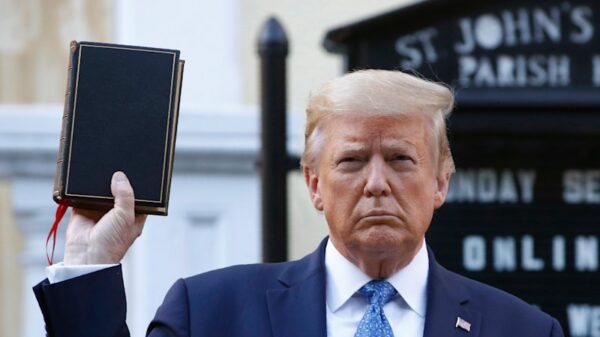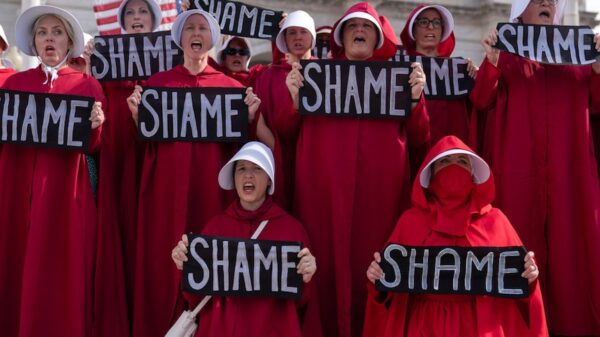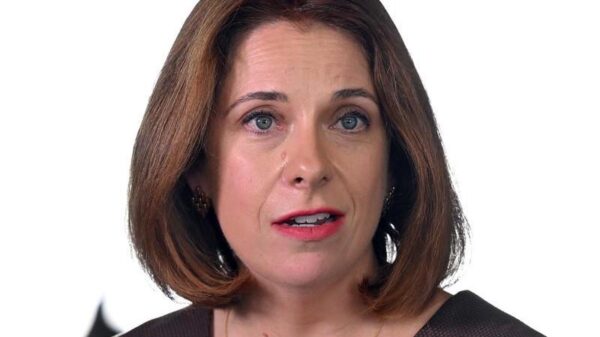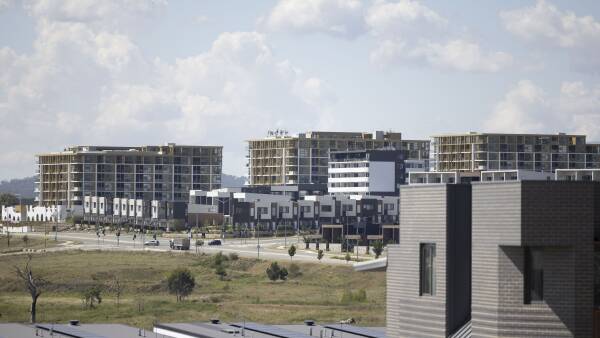Kamala Harris delivered a candid reflection on her presidential campaign during a recent event at the Town Hall Theatre in Midtown Manhattan. The gathering, held on Wednesday night, saw Harris receive two standing ovations before she took her seat. Outside, pro-Palestine protesters voiced their discontent, with chants and drumbeats penetrating the venue throughout the hour-long discussion.
During a previous session, protesters interrupted the proceedings, accusing Harris of complicity in the suffering of Palestinians. While the crowd responded vocally, the protestors were ultimately escorted out. This incident highlighted the divisions within the Democratic Party, an issue that has been particularly pertinent in the wake of Harris’ unsuccessful bid for the presidency.
Reflections in 107 Days
In her new book, 107 Days, Harris illustrates her campaign as facing significant challenges from the outset. She describes her tenure as the shortest presidential campaign in American history, having stepped into the race following Joe Biden‘s withdrawal in July 2024. While Harris cites time constraints as a major hurdle, the narrative raises deeper questions regarding her candidacy.
Critical discussions surrounding Harris’ campaign include whether she should have been the Democratic candidate, the party’s decision to support Biden for as long as they did, and how she could have established a distinct identity separate from the unpopular incumbent. A pivotal moment occurred during an appearance on The View, where co-host Sunny Hostin asked Harris what she would do differently from Biden. In a moment that resonated negatively, Harris replied, “There is not a thing that comes to mind,” a statement that was later utilized by the Trump campaign to link her closely to Biden.
Campaign Dynamics and Party Challenges
Harris’ reflections extend beyond her personal experiences, shedding light on broader issues facing the Democratic Party. The divisions among Democrats and progressives have been significant obstacles, impacting not only her campaign but the party’s overall strategy. The tensions were further exemplified during the town hall, where the protests underscored the challenges Harris faces in uniting various factions within the party.
In her book, Harris argues that those closest to Biden should have advised him against seeking re-election, emphasizing the need for a clear vision moving forward. As she contemplates her past campaign, the former Vice President calls for introspection within her party to address the pressing issues that have emerged in recent years.
Harris’ narrative in 107 Days serves as both a personal account and a broader commentary on the current political landscape, highlighting the need for unity and effective leadership as the party prepares for future electoral challenges.





























































